Hosted By

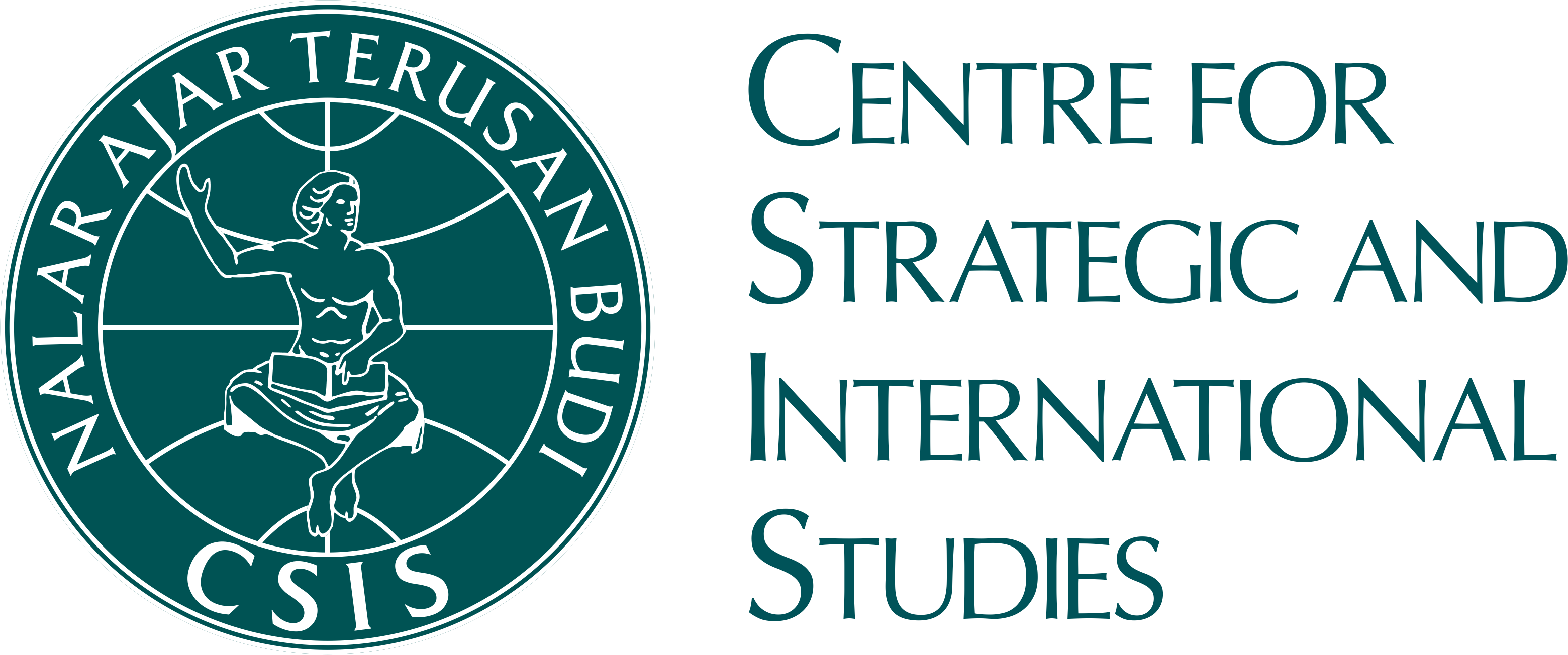
Supported By



.png)




As economies around the world recover from COVID-19 pandemic disruptions, countries have been doubling down to accelerate the energy transition and achieve sustainability commitments. Energy transition has been a priority issue worldwide since the 2022 G20 Indonesian Presidency, which reached an agreement for The Bali Energy Transition Roadmap. In Indonesia’s case, the Government of Indonesia reached an agreement with advanced countries in the International Partner Group (IPG) led by the United States and Japan to launch the Indonesia Just Energy Transition Partnership (JETP).
Through JETP, the IPG countries have committed to fundraising US$ 20 billion to finance Indonesia’s efforts to hit energy transition targets, which are to reduce the greenhouse gas (GHG) emission ceiling to 290 MT CO2 and accelerate the portion of renewable sourced energy in the national energy mix to 34% by 2030 . JETP could potentially a game-changing initiative for Indonesia by which the Indonesian government could be required to reform its electricity sector and address some bottlenecks that have been hampering renewable energy investment such as unattractive pricing and local content requirements.
In addition to JETP funding, Indonesia is home to its own Energy Transition Mechanism (ETM) country platform, an initiative to accelerate the national energy transition through early retirement of coal-powered power plants. Indonesia’s ETM country platform is put under the supervision of the Ministry of Finance (MOF), and operated by PT Sarana Multi Infrastruktur or PT SMI (an infrastructure financing company under the MOF) as the ETM country platform manager in collaboration with state-owned electricity company PT Perusahaan Listrik Negara (PLN), the Indonesia Investment Authority (INA), and international financial institution partners such as the Asian Development Bank and the Japan Bank for International Cooperation.
Aside from JETP and ETM, Indonesia has inked a cooperation agreement with the Asia Infrastructure Investment Bank (AIIB) for funding various renewable energy programs in Indonesia. These various initiatives, involving international partners, are to achieve Indonesia’s costly energy transition to meet its commitment of net zero emission by 2060. The Energy and Mineral Resources (MEMR) Ministry had previously said last year that Indonesia would need US$995 billion for renewable energy plants and US$114 billion for the energy transmission to achieve its NZE target by 2060.
In the years up to 2030, a target for 20.9 GW in total energy generation capacity has been set for new and renewable energy power plants by 2030 through the state electricity company PLN’s 2021-2030 long-term electricity procurement plan (RUPTL). At the same time, PLN will also retire sub-critical coal-fired power plants starting with the ones in Muara Karang, Priok, Tambaklorok, and Gresik, which collectively equals to 1.1 GW in energy capacity, by 2030. Funding for these early retirement projects is expected to come from both public and private investors.
The biggest foreign investors in Indonesia’s energy sector, especially in electricity, have been those from China, Japan, and South Korea (CJK). These three East Asian countries are the biggest backers of CFPPs in Indonesia, and the world. Globally, CJK countries are responsible for 95% of the funding for CFPPs that came from outside the countries where the plants are located. In Indonesia, China alone is involved in 70% of CFPPs, with US$9.3 billion investment in 2000-2019.
Furthermore, China is also a powerhouse in the renewable energy industry. For several years, China has been at the center of global supply and demand for renewable energy, leading it to account for about 40 percent of capacity growth from 2015 to 2020. Together with Europe, the US, and India, the four markets accounted for 80 percent of global capacity growth for the period and are projected to increase that hold to 87 percent between 2021 and 2026.
With China’s strength in renewable energy and financing, Indonesia has been seeking Chinese investment into Indonesia’s renewable energy sector. Moreover, during the recent 10th anniversary of Belt and Road Initiatives, Chinese President Xi Jinping launched China’s US$100 billion global clean energy initiative called the Green Investment and Finance Partnership (GIFP), which is seen by many as the rival to the Western countries sponsored JETP.
On the sidelines of the 10th anniversary of China’s BRI, PT PLN signed memorandum of understanding (MOUs) with Chinese financial institutions and corporations, including the Export-Import Bank of China, Sinosure, Bank of China, Industrial and Commercial Bank of China, State Development & Investment Corp. Ltd, Huawei Tech Investment, and China Energy International Group for renewable energy development. The total value of this collaboration, including funding and guarantees, amounts to US$54 billion.
China RE Invest Indonesia is a multi-stakeholder platform established by Tenggara Strategics and the Centre for Strategic and International Studies (CSIS) Indonesia, to bring together renewable energy (RE) stakeholders from China and. Indonesia, especially RE investors and financiers from China and RE project owners from Indonesia to increase investment into Indonesia’s RE sector. Tenggara Strategics and CSIS had conducted 1st China RE Invest Indonesia 2021 and the 2nd China RE Invest Indonesia 2022 virtually and attracted a total 700 participants from 549 institutions from China and Indonesia.
January 16, 2024
10:30 - 11:45 am (Beijing Time)
09:30 - 10:45 am (Jakarta time)
January 16, 2024
11:45 - 13:00 pm (Beijing Time)
10:45 - 12:00 pm (Jakarta time)

Executive Director, CSIS
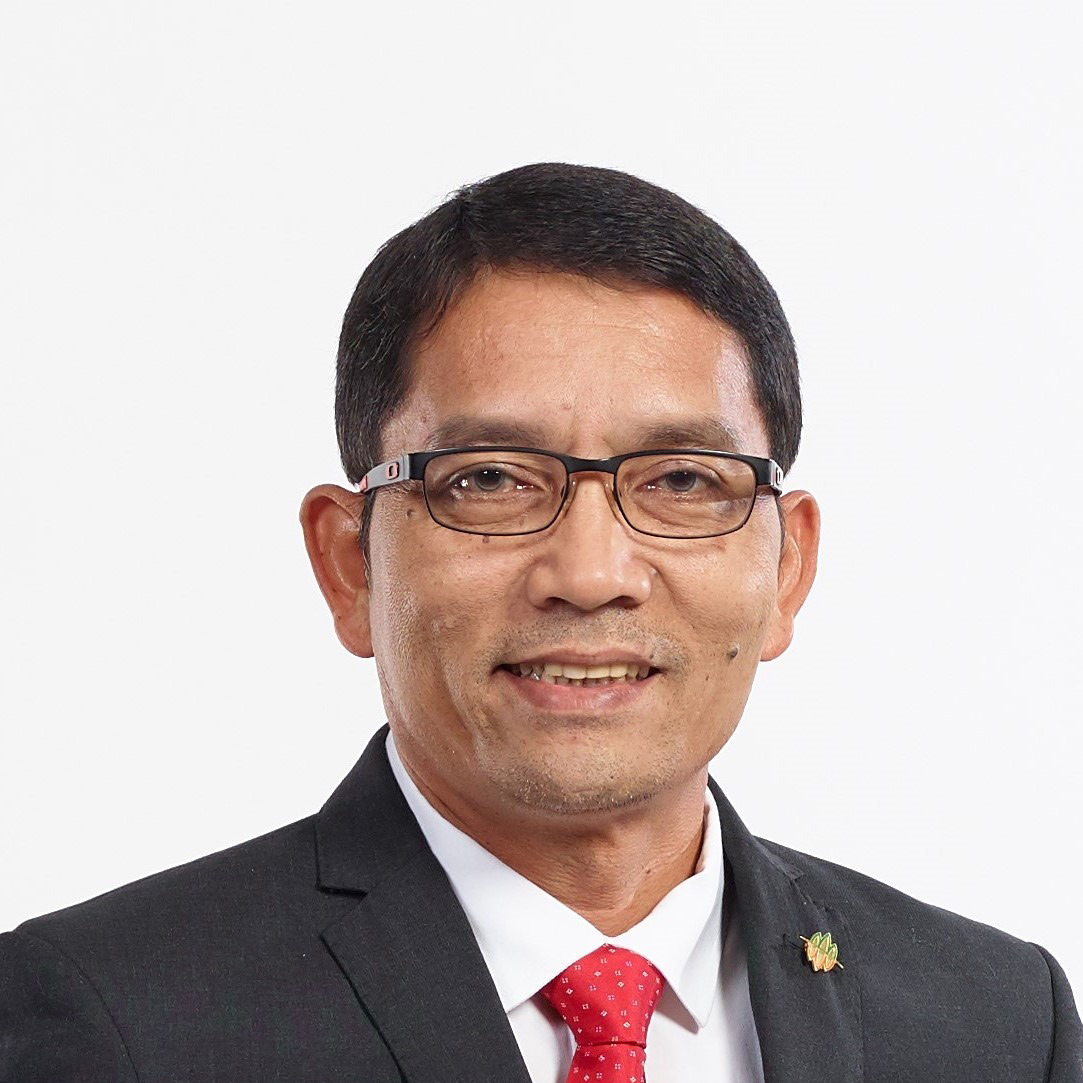
Secretary General of the Ministry of Energy and Mineral Resources, the Republic of Indonesia

Embassy of the People’s Republic of China in the Republic of Indonesia
Speakers and Moderators

Deputy for Infrastructure and Transportation Coordination, Coordinating Ministry for Maritime and Investment Affairs, and Head of the Implementation Team of the National Energy Transition Task Force
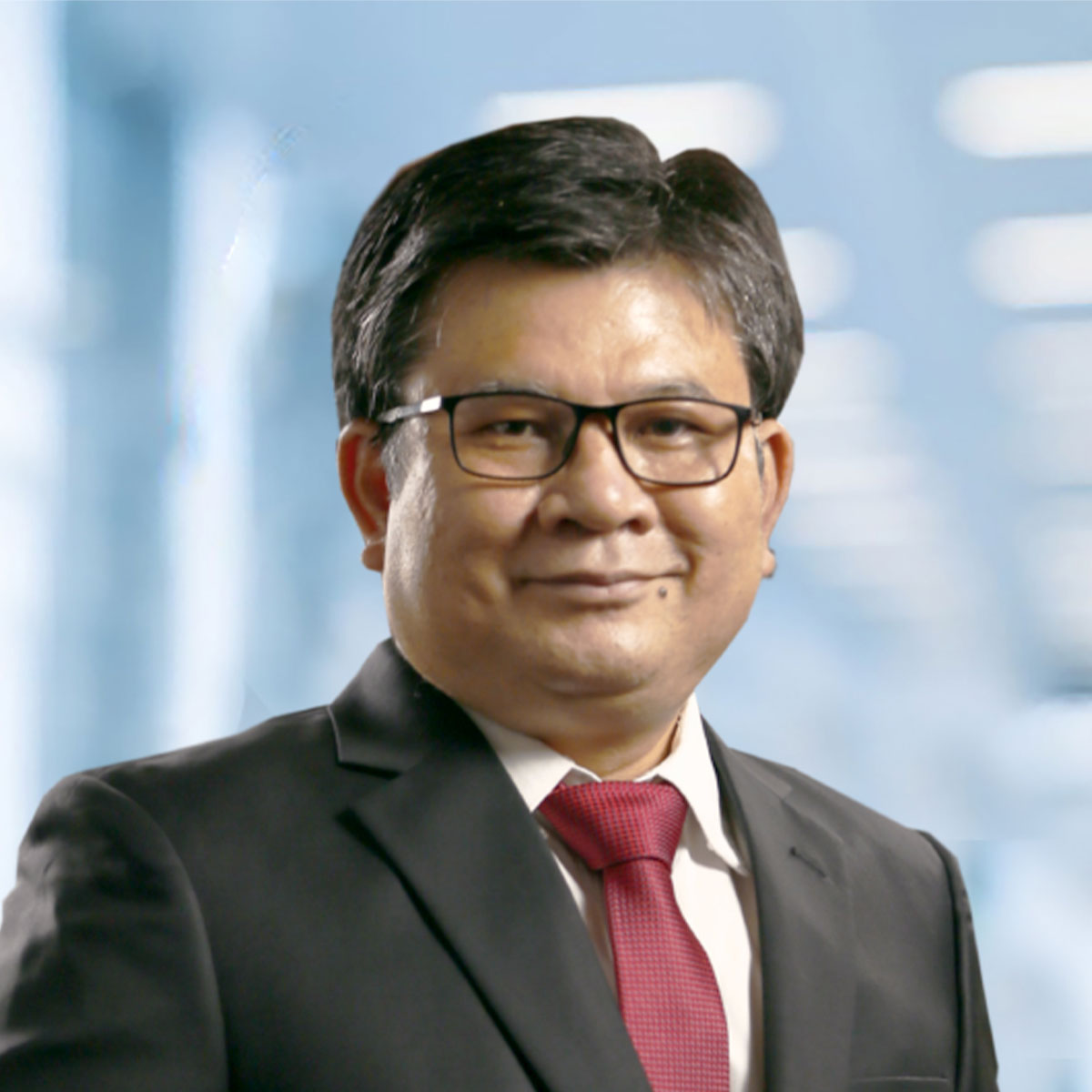
Act. Director General of New, Renewable Energy and Energy Conservation (EBTKE)

Director of Corporate Planning and Business Development, PT PLN

President of Council, China Chamber of Commerce in Indonesia

President Director of PT SMI

Chairman of Indonesia Independent Power Producers (APLSI)
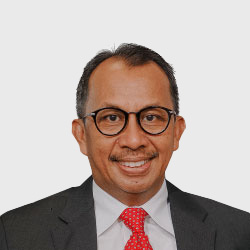
Chairman of the Energy and Mineral Resources, the Indonesian Employers Association (APINDO)

Senior Business Development Manager of PowerChina

Executive Director, CSIS
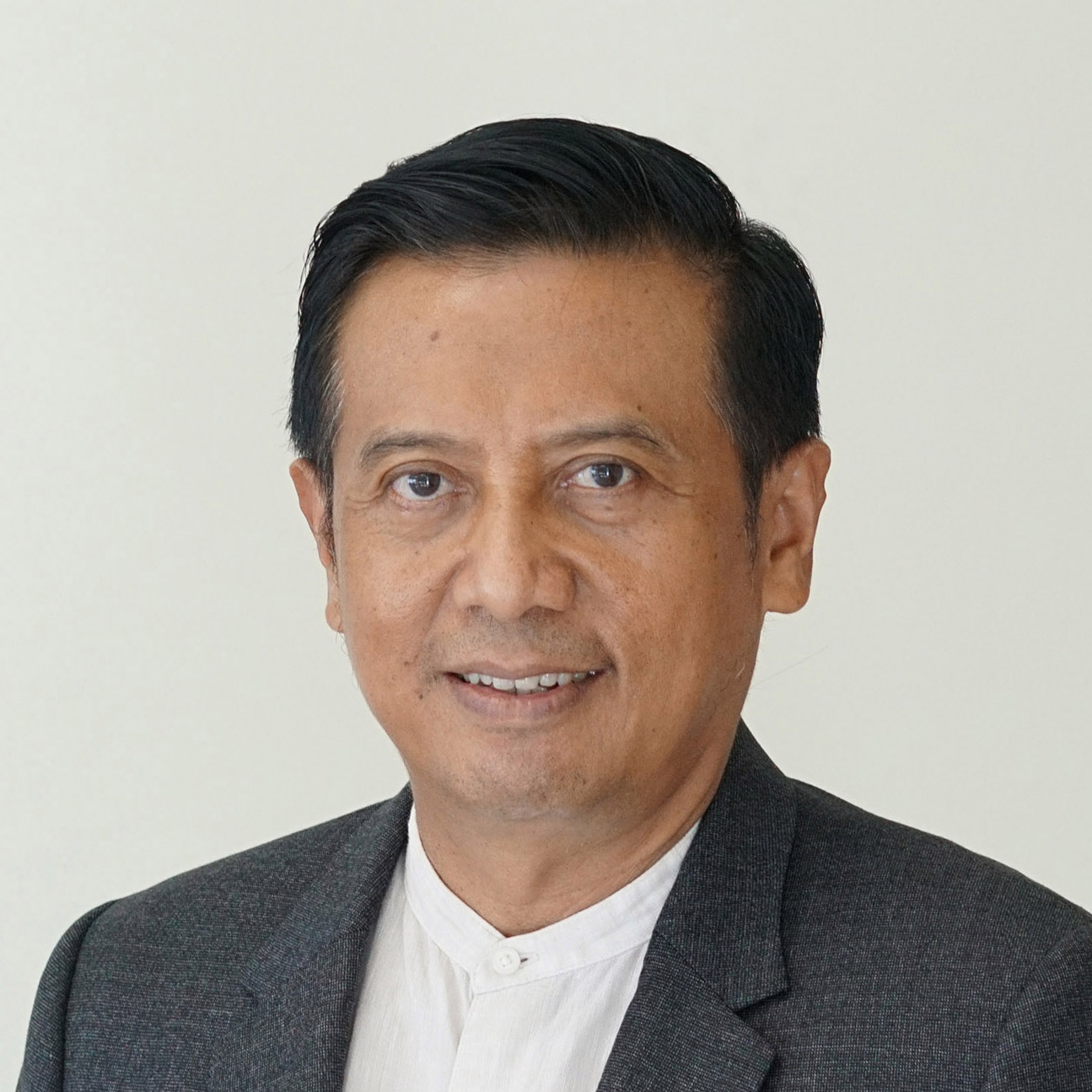
President Director of Tenggara Strategics
Contact Us
Whatsapp: +62811 9966 083 | E-mail: info@reinvest.id